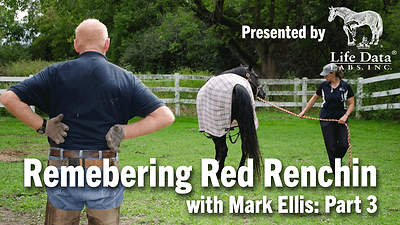Advertise Follow Us
Lamenesses
Vet's Corner
Georgia farrier-turned-veterinarian says there’s no one treatment that will work every time
Read More
Extraordinary Vets Honored For Hoof-Care Work
The International Equine Veterinarians Hall Of Fame proudly inducts two new members
Read More
Nothing Is Easy When Tackling Laminitis
Proper diagnosis and treatment complications are a huge concern
Read More
This Vet's Convinced
California equine veterinarian says Fredericks are "clearly onto something"
Read More







